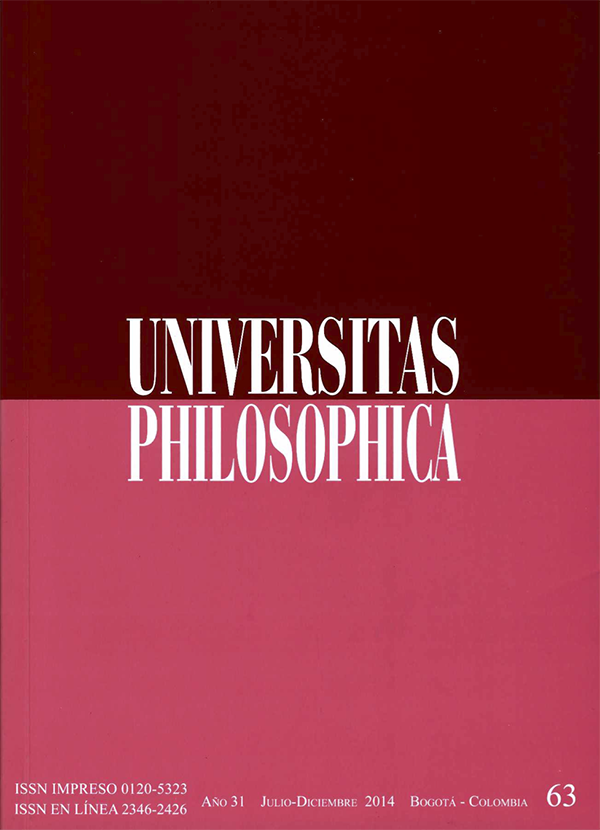Abstract
Hermeneutics is generally thought as a method in philosophy, which aims to unify efforts in order to resolve historical issues in determining the truth. Considerations about method gain importance to the human sciences in the nineteenth century with studies by Schleiermacher and Dilthey, but they are taken up by Gadamer within the ontological analysis of understanding, paving the way for the reflection of a hermeneutics that inevitably puts into play the ethical implications from discussions, which can be omitted to focus only on method and not in the practice of this comprehensive exercise. The latter can be detailed in the analysis of the structure of self-understanding and comprehension in Gadamer’s hermeneutics and observe in turn the implications of this analysis in the study of human sciences and humanism.
This journal is registered under a Creative Commons Attribution 4.0 International Public License. Thus, this work may be reproduced, distributed, and publicly shared in digital format, as long as the names of the authors and Pontificia Universidad Javeriana are acknowledged. Others are allowed to quote, adapt, transform, auto-archive, republish, and create based on this material, for any purpose (even commercial ones), provided the authorship is duly acknowledged, a link to the original work is provided, and it is specified if changes have been made. Pontificia Universidad Javeriana does not hold the rights of published works and the authors are solely responsible for the contents of their works; they keep the moral, intellectual, privacy, and publicity rights.
Approving the intervention of the work (review, copy-editing, translation, layout) and the following outreach, are granted through an use license and not through an assignment of rights. This means the journal and Pontificia Universidad Javeriana cannot be held responsible for any ethical malpractice by the authors. As a consequence of the protection granted by the use license, the journal is not required to publish recantations or modify information already published, unless the errata stems from the editorial management process. Publishing contents in this journal does not generate royalties for contributors.


